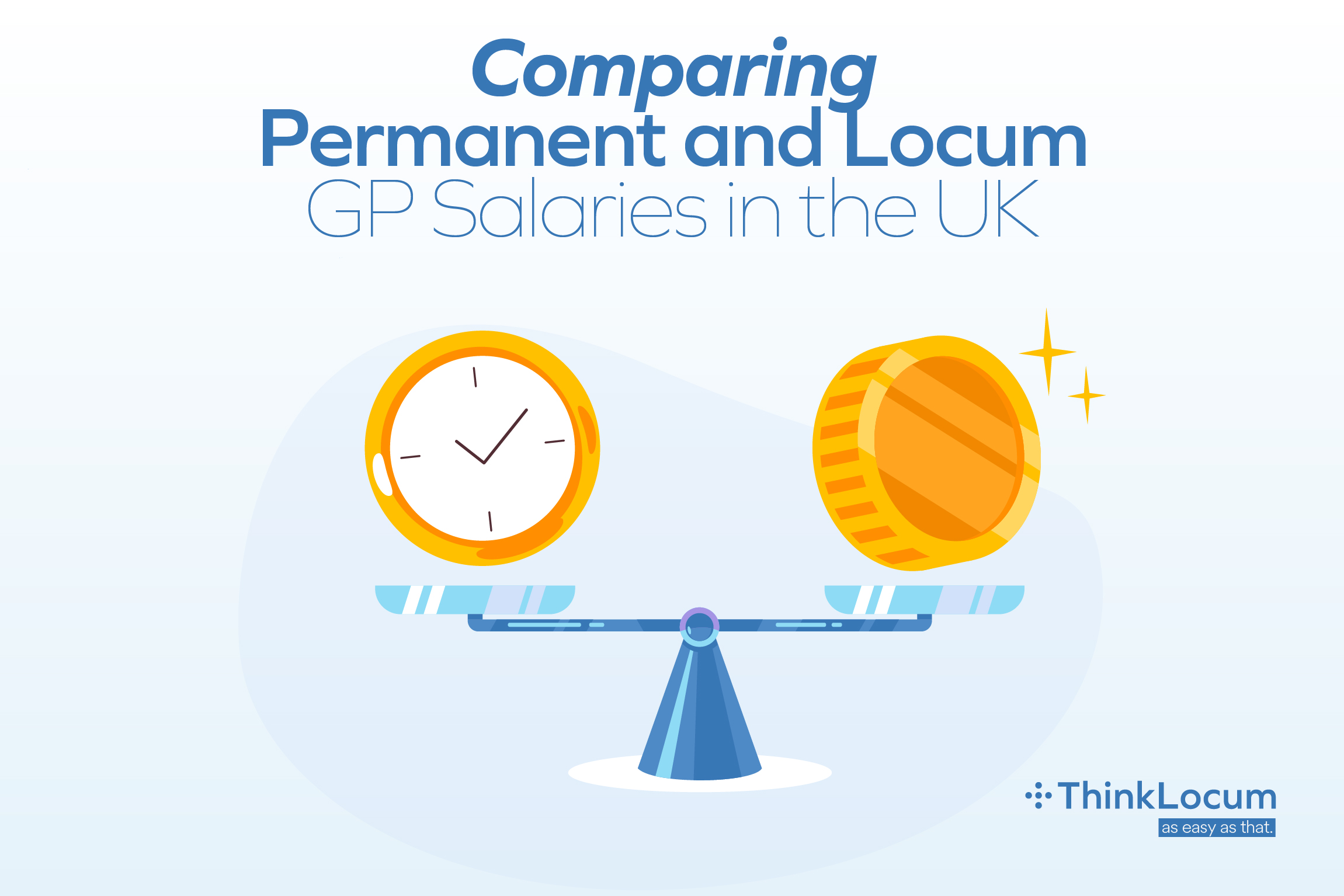
General practitioners are crucial healthcare professionals in the United Kingdom. They diagnose and treat a wide range of illnesses, refer patients to specialists, and provide preventive healthcare services to their patients. However, GPs in the UK have been facing numerous challenges in recent years, including rising workloads, staff shortages, and changes to the National Health Service (NHS) funding model. These challenges have led to a rise in demand for locum GPs, who are temporary healthcare professionals who work in place of permanent GPs. In this blog, we will compare the salaries of permanent and locum GPs in the UK and explore the factors that influence their pay.
Permanent GPs are employed by the NHS or private healthcare providers. They work regular hours and have a permanent contract with their employer. The salaries of permanent GPs in the UK vary depending on several factors, including their experience, location, and practice size.
According to the latest data from NHS Digital, the average salary for a GP partner in England was £113,400 per year in 2019–20. This figure includes salary, employer pension contributions, and other benefits. However, GP partners are responsible for the financial and operational management of their practice, which means they take on additional responsibilities and risks.
Salaried GPs, who are employed by the NHS or private healthcare providers, earn less than GP partners. The average salary for a salaried GP in England was £60,500 per year in 2019–20, according to NHS Digital. This figure includes salary, employer pension contributions, and other benefits.
Locum GPs are temporary healthcare professionals who work in place of permanent GPs. They are self-employed or work for locum agencies, and they are paid on an hourly or daily basis. The salaries of locum GPs in the UK vary depending on several factors, including their experience, location, and demand for their services.
According to the latest data from NHS Digital, the average daily rate for a locum GP in England was £520 in 2019–20. This figure includes pay, employer pension contributions, and other benefits. However, locum GPs do not receive sick pay, holiday pay, or other benefits that permanent GPs enjoy.
Several factors influence the salaries of both permanent and locum GPs in the UK. These include:
In conclusion, both permanent and locum GPs play important roles in the UK healthcare system. Permanent GPs enjoy the benefits of a regular salary and job security, while locum GPs have the flexibility to choose when and where they work. The salaries of both permanent and locum GPs vary depending on several factors, including experience, location, and demand for their services. If you are considering a career as a GP in the UK, it is essential to research the salaries and benefits of both permanent and locum roles before making a decision.
If you’re looking for locum work, get in touch with us at ThinkLocum. We are committed to finding the ideal job that suits your requirements and qualifications.